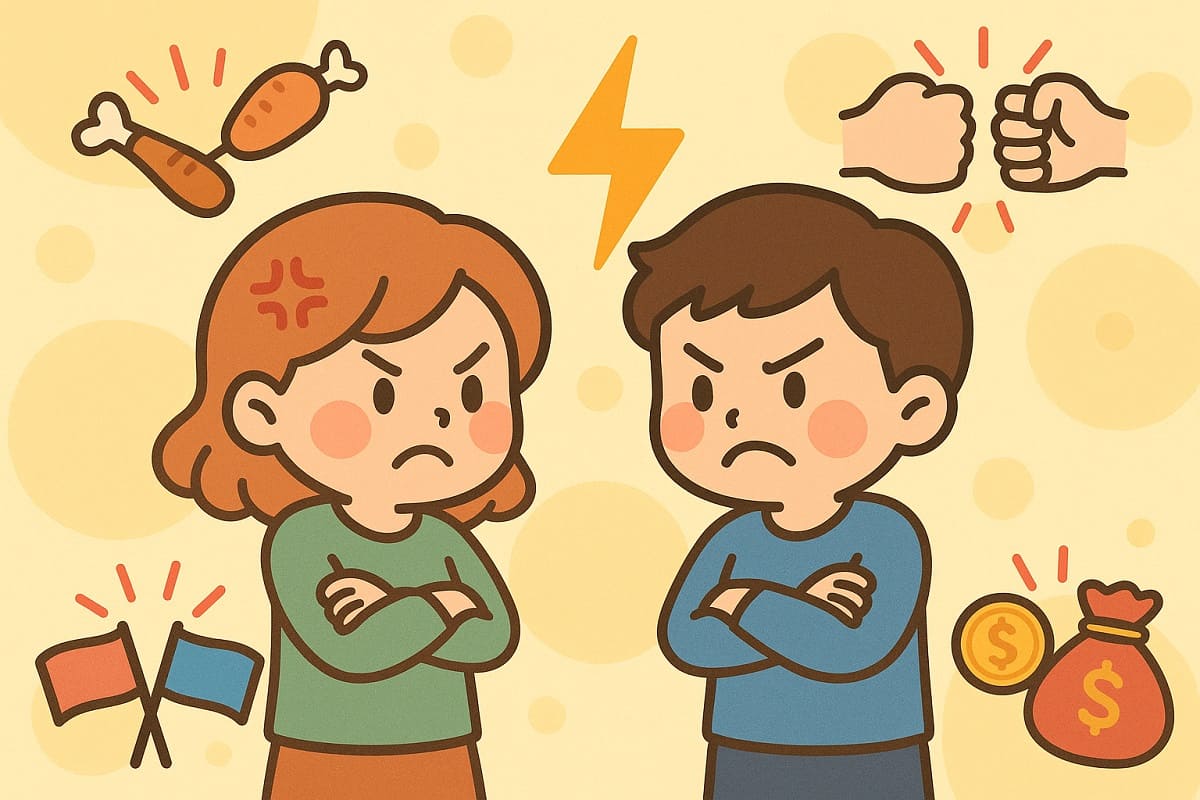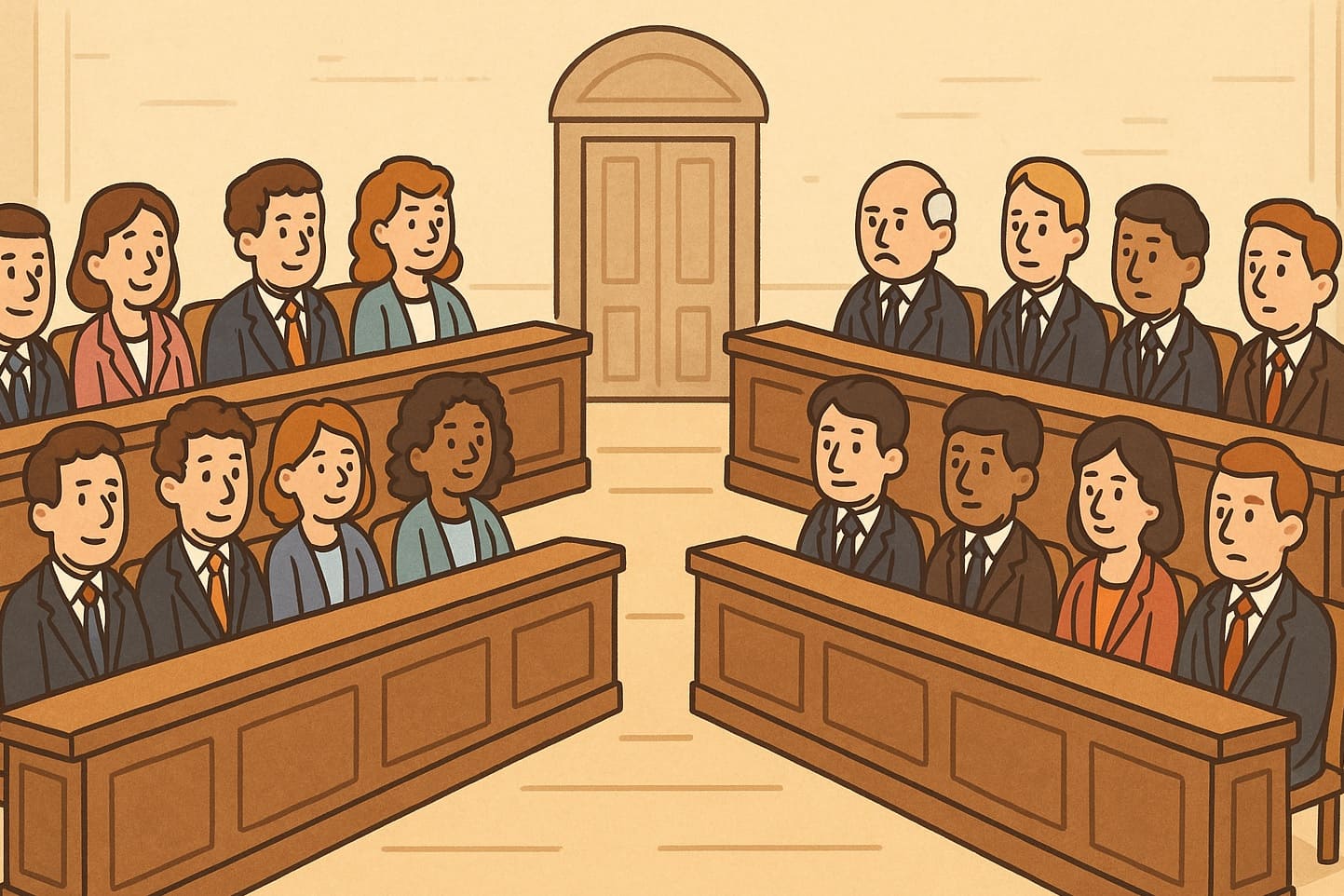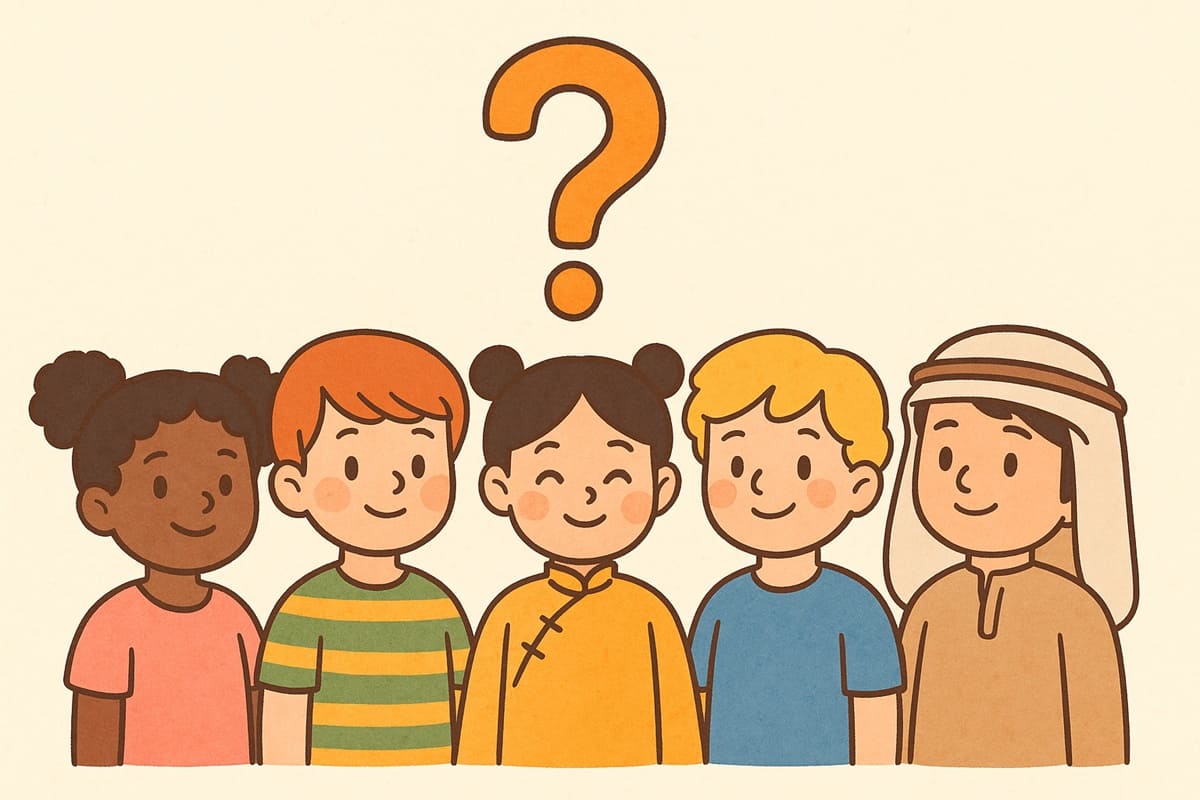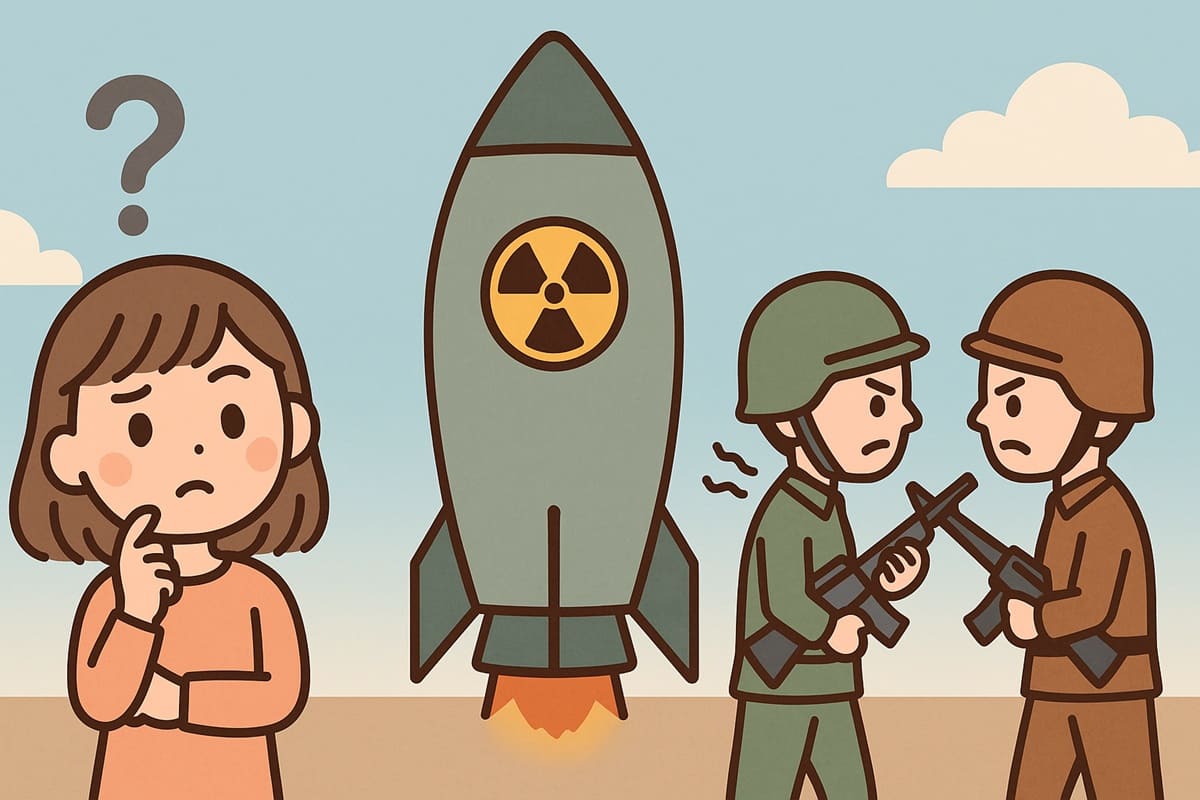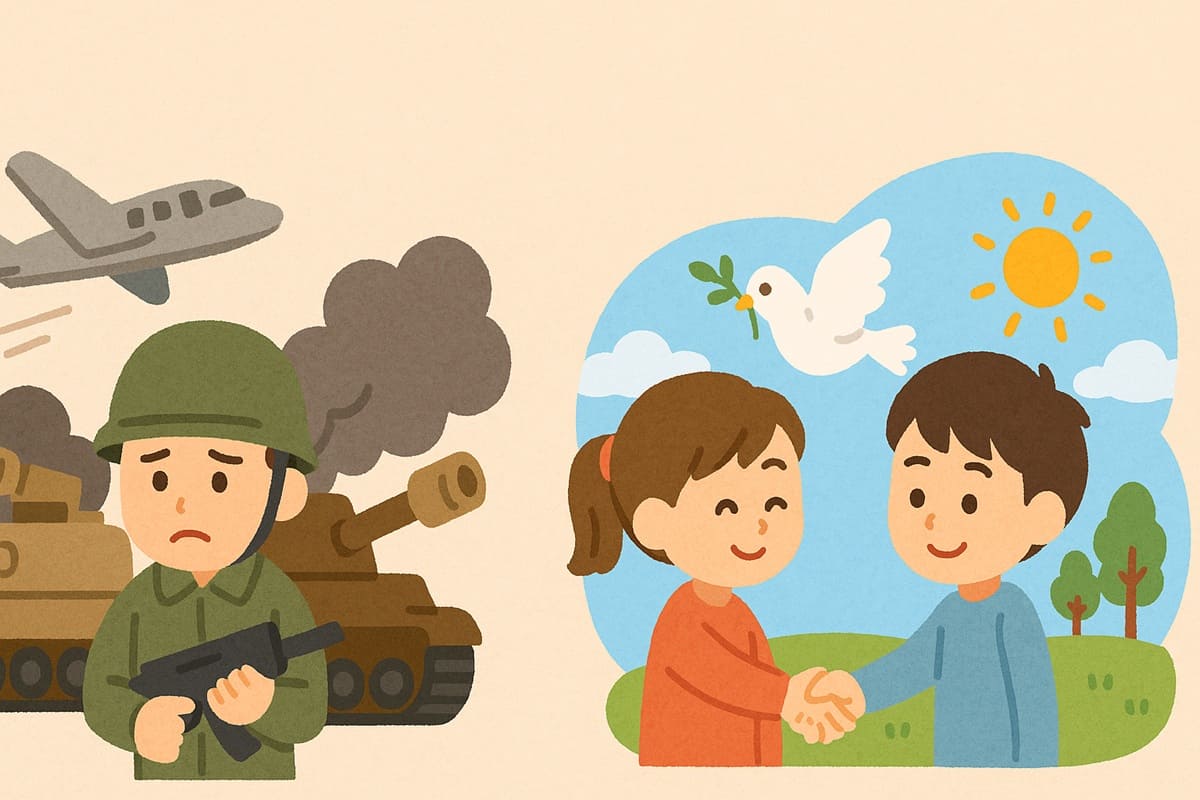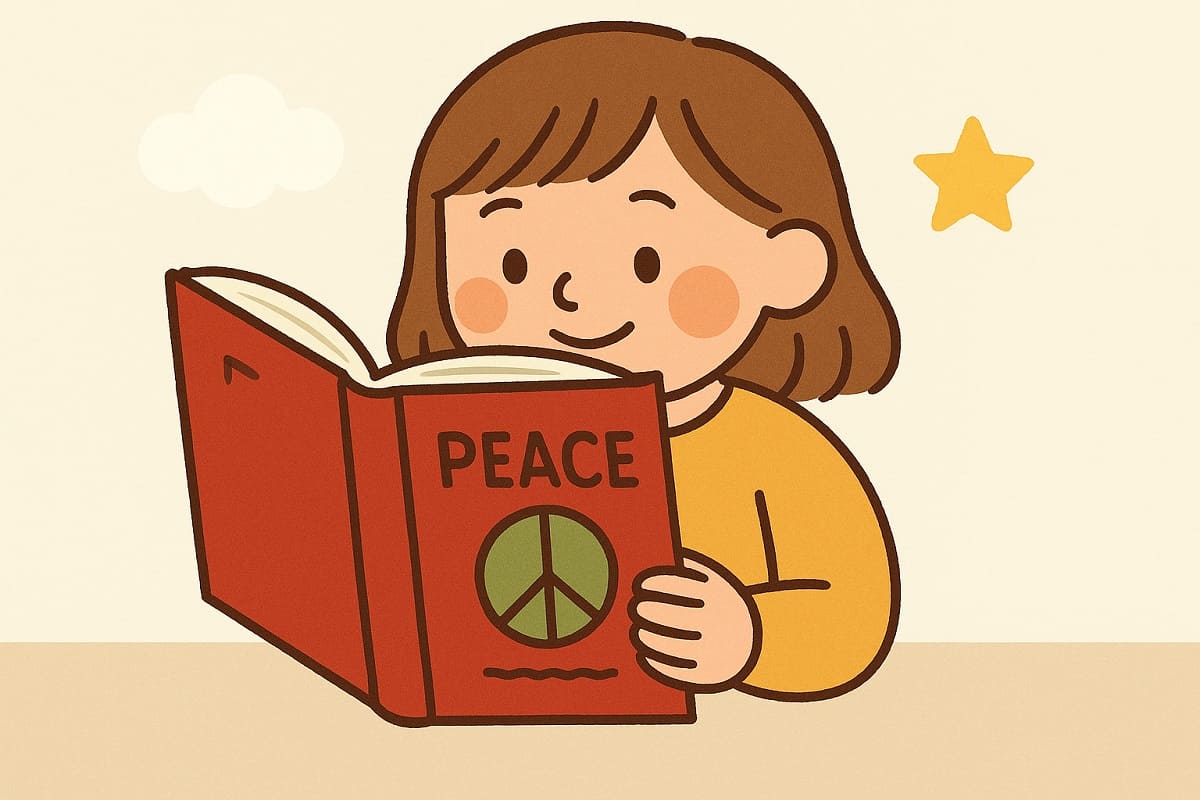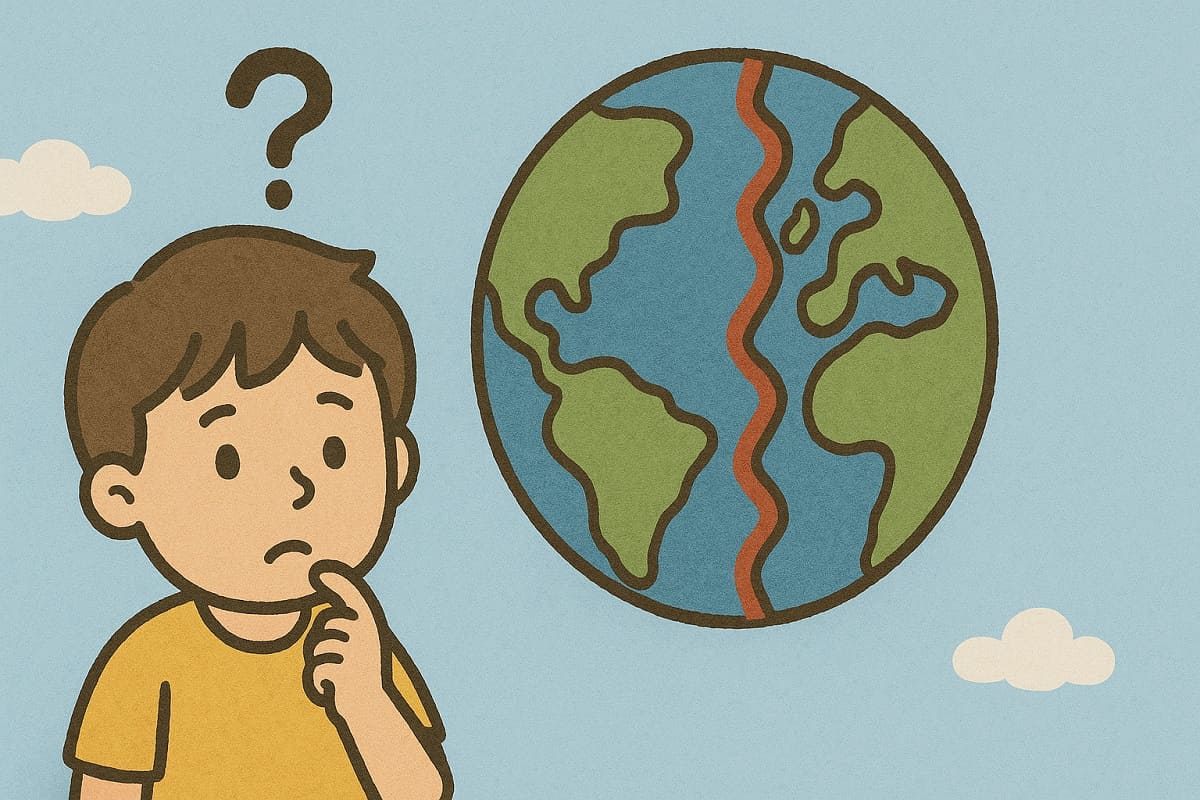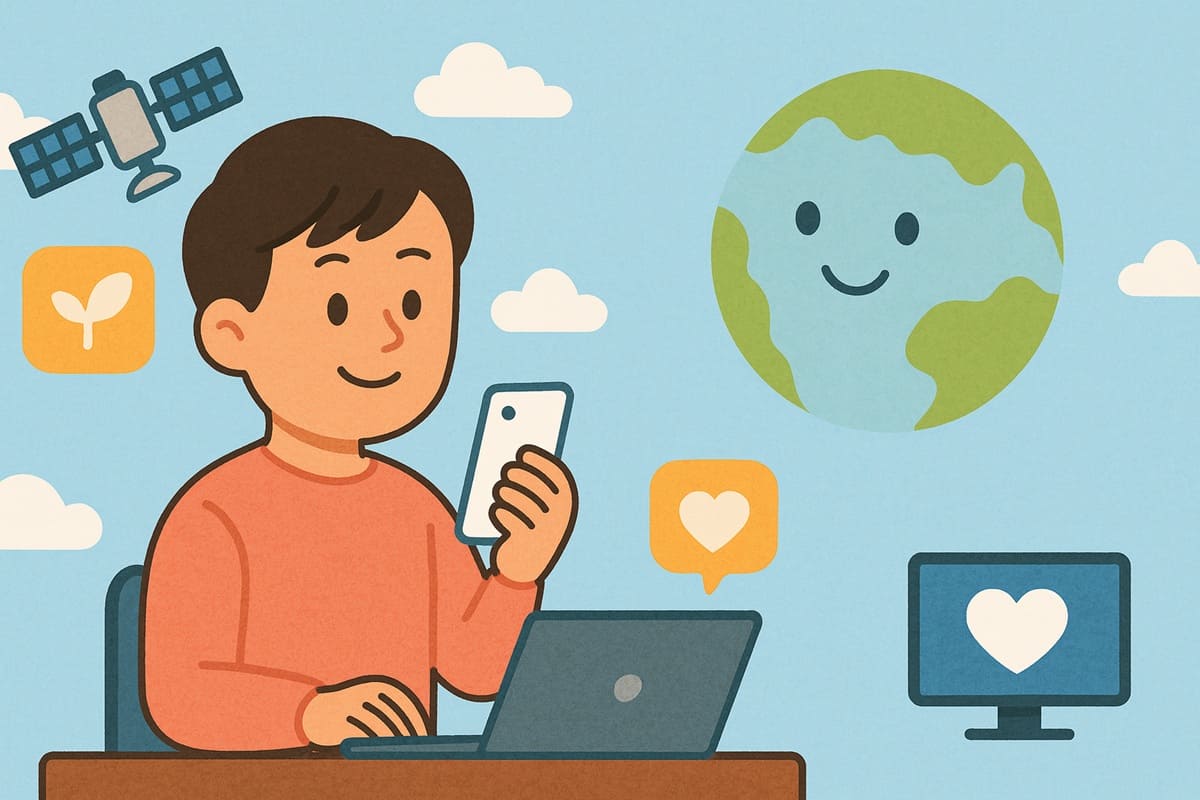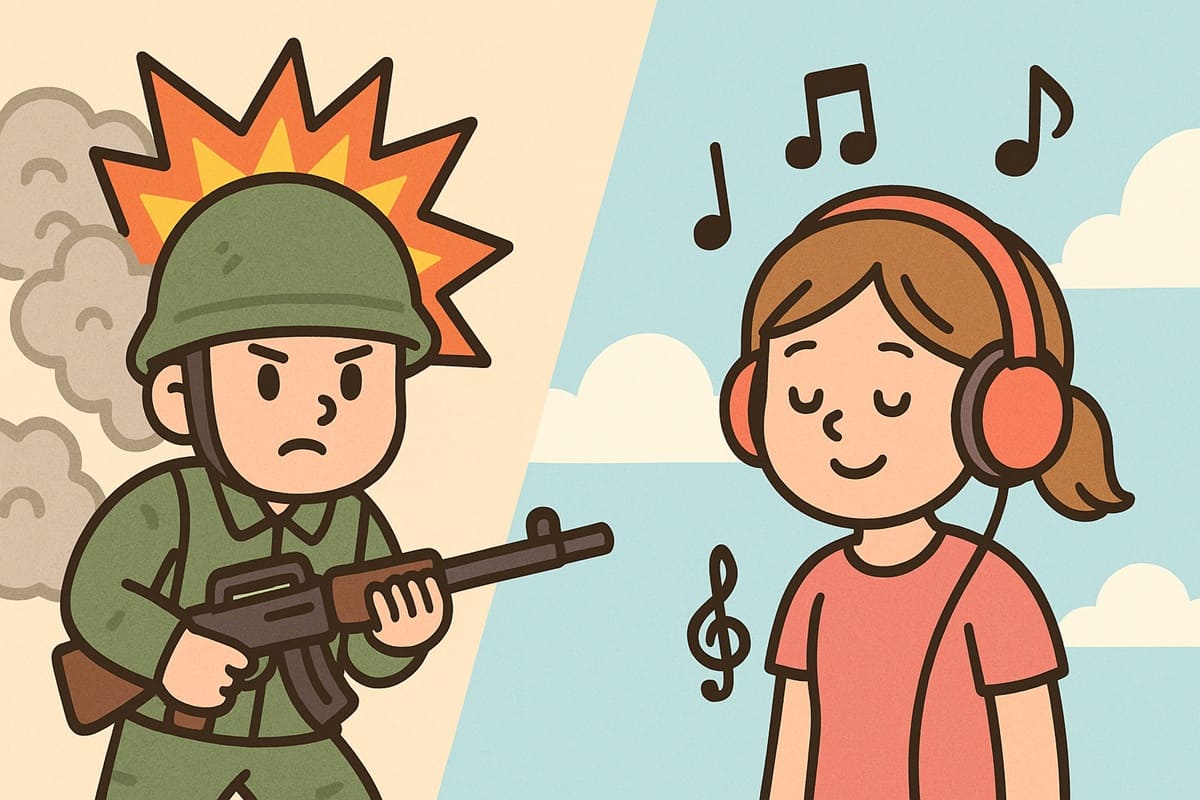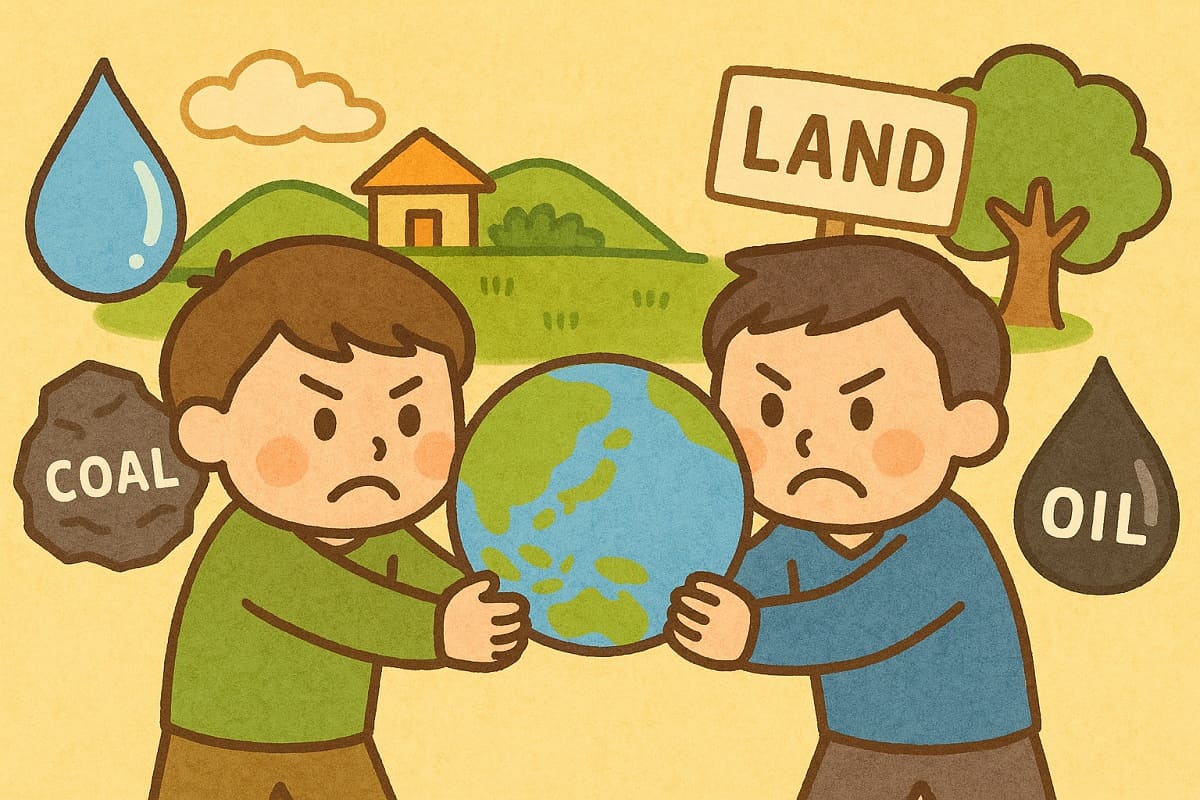Do You Feel Tired or Energized After Talking to People? Understanding the Difference Between Introverts and Extroverts
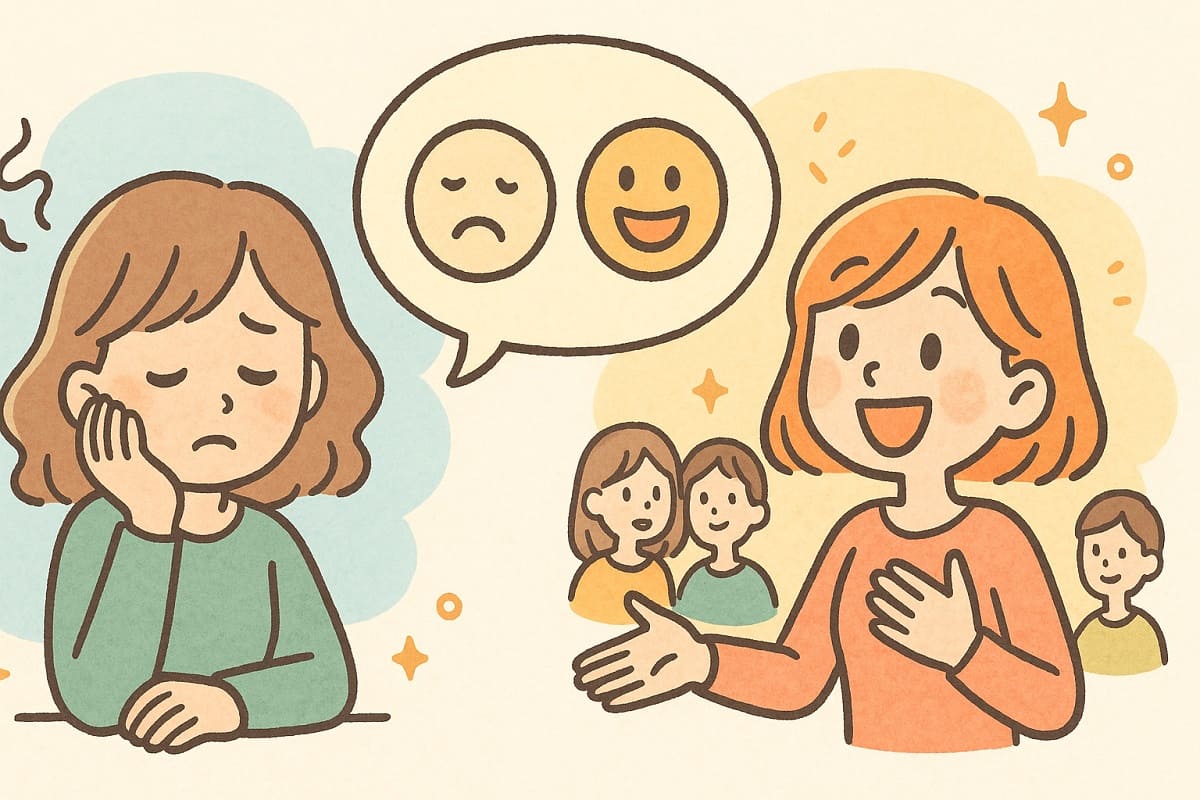
Some people feel drained after talking to others, while others feel more energized. Why is there such a difference?
It turns out this depends on various factors—our personality type, brain mechanisms, and even the environment we grew up in. This article will explain, in a simple way based on psychology and neuroscience research, why some people feel tired and others feel energized after social interactions.
What Are Introverts and Extroverts?
One of the most well-known theories that explains personality differences is the distinction between introverts and extroverts. Psychologist Carl Jung described introverts as being more inwardly focused, while extroverts are more interested in the external world.
- Introverts: Recharge by spending time alone
- Extroverts: Gain energy by interacting with others
This personality trait has a strong influence on whether you feel energized or exhausted after talking with people.
Brain Chemistry and Hormonal Differences
Extroverts are more sensitive to rewards, such as fun experiences or receiving praise. This is due to the strong influence of dopamine, a hormone associated with motivation and pleasure.
On the other hand, introverts tend to be more sensitive to external stimuli and feel more comfortable in calm environments or when working alone. Their brains are already in a heightened state of alertness, so socializing for long periods can become overwhelming and lead to fatigue.
Introverts also tend to have a more reactive amygdala, the part of the brain that processes fear and anxiety. As a result, they may feel tense or anxious in unfamiliar social situations.
Stress Reactions to Social Stimuli
In stimulating environments like loud classrooms or crowded parties, introverts are more likely to release the stress hormone cortisol, making them physically and mentally tired.
In contrast, extroverts often find such situations exciting and enjoyable. They may even feel bored when there’s not enough stimulation.
Different Ways to Recharge
How Introverts Recharge:
- Spend time quietly alone
- Read books or listen to music
- Get absorbed in their own inner world
How Extroverts Recharge:
- Talk with friends
- Join events and activities
- Spend time in lively places
If you often feel drained and want to be alone after conversations, you might lean toward being an introvert.
If you feel energized when talking and dislike quietness, you may be an extrovert.
Cultural and Environmental Influence
Culture also affects how we perceive these traits. In Western cultures, being extroverted is often seen as ideal, and outgoing, sociable people tend to be more highly valued.
However, in Japan, calm and reserved behavior is also respected, making it a relatively comfortable culture for introverts.
That said, the demand for strong communication skills is growing even in Japan. This can lead some introverts to feel stressed from trying to act extroverted.
Understand Your Type and Stay Balanced
The important thing is not whether one type is better than the other, but to understand your own style and manage your energy wisely.
- Introverts should ensure they get enough alone time at their own pace.
- Extroverts should actively engage with others to recharge.
No matter your type, it’s essential to avoid pushing yourself too hard and remember to take “recharge time.”
At school or work, if you’re someone who gets tired from socializing, it’s perfectly okay to take time for yourself. If you thrive on conversation, use that energy to uplift others too.
Conclusion
- Whether talking makes you tired or energized depends on your personality type (introvert or extrovert).
- Introverts recharge in quiet environments; extroverts recharge through social interactions.
- Brain chemistry, hormones, and stress responses also vary by type.
- Understanding your personality type helps you find the best way to use and restore your energy.
Feeling tired from talking to people isn’t a sign of weakness. It’s simply how your brain and personality work. To live comfortably and authentically, start by understanding yourself.
Main References
- Eysenck, H. J. (1967). The Biological Basis of Personality. Springfield: Thomas.
- Depue, R. A., & Collins, P. F. (1999). Neurobiology of the structure of personality: Dopamine, facilitation of incentive motivation, and extraversion. Behavioral and Brain Sciences, 22(3), 491–517.
- Scott, E. (2023). Understanding Introverts and Extroverts. Verywell Mind.
- Cain, S. (2012). Quiet: The Power of Introverts in a World That Can’t Stop Talking. Crown Publishing Group.
- Little, B. R. (2006). Free traits and personal projects: Personal and social consequences. Journal of Personality, 74(6), 1769–1801.
